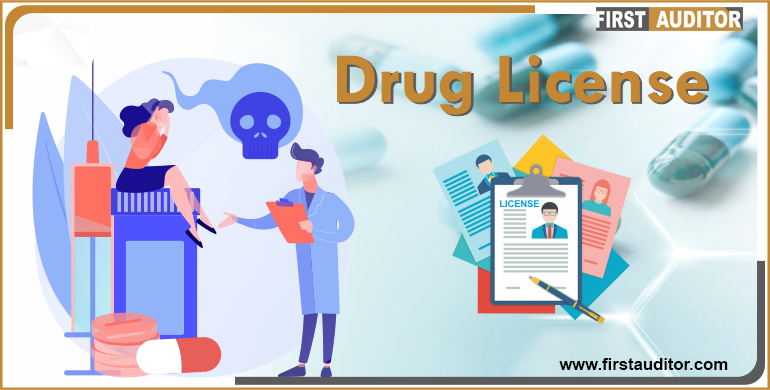Any business in India must have the proper licences in order to operate. A drug licence is a valid government authorization to operate a business that sells medications and cosmetics. Each state requires a different licence if the business activity takes place in two or more states, and must obtain a separate licence if sold at more than one site. This is because drug licences are region- and location-specific. The drug licence covers both the production and selling of drugs. This article examines the steps involved in acquiring a Tamil Nadu drug licence in great depth.In comparison to the global pharmaceutical industry's predicted growth of 5% from 2015 to 2020, the Indian pharmaceutical industry is expected to increase by nearly 16% annually. The Indian pharmaceutical industry has enormous potential, which provides opportunities for entrepreneurs and start-ups engaged in the pharmaceutical industry. According to the 1940 Pharmaceuticals and Cosmetics Act, a drug licence is required for any pharmaceutical businesses operating in India that deal with drugs, medications, and cosmetics. To lawfully conduct business in the pharmaceutical industry, including the sale of Ayurvedic and Unani medicines, one must get a drug licence.

A company that manufactures homoeopathic and allopathic medicines is granted a manufacturing licence.
Depending on the sort of activity the company engages in, the sale licence includes two subcategories.
A loan licence is given to the applicant who plans to manufacture their medications in accordance with the Drugs and Cosmetic Act utilising the machinery, personnel, equipment, etc. of another registered manufacturer.
If the applicant intends to bring drugs into India from any other country, he or she must apply for an import licence with CDSCO in order to secure the required licences to sell the pharmaceuticals in India.
It is a regulatory approval issued by the State Drug Control Authority to manufacture pharmaceutical drugs in India. The license ensures compliance with the Drugs and Cosmetics Act, 1940.
Pharmaceutical companies or individuals intending to manufacture drugs for sale, distribution, or export in India must obtain this license.
Forms 24 and 27 are commonly required for manufacturing licenses, depending on whether it’s for general or specific categories of drugs.
Documents include proof of ownership, site layout, GMP certification, technical staff qualifications, and product formulations. Fees payment proof is also mandatory.
The license is valid indefinitely, subject to compliance with periodic inspections and regulatory requirements.